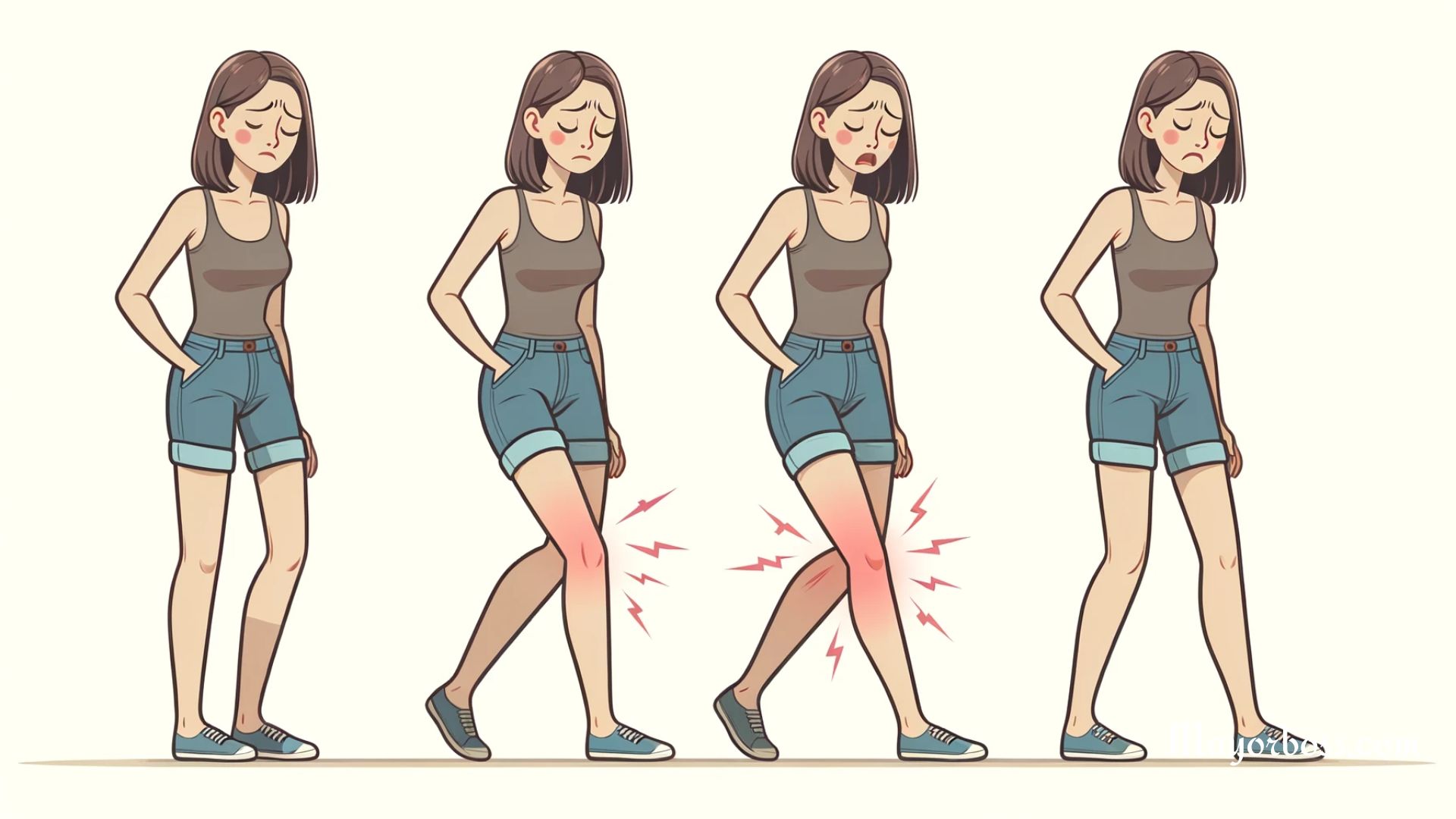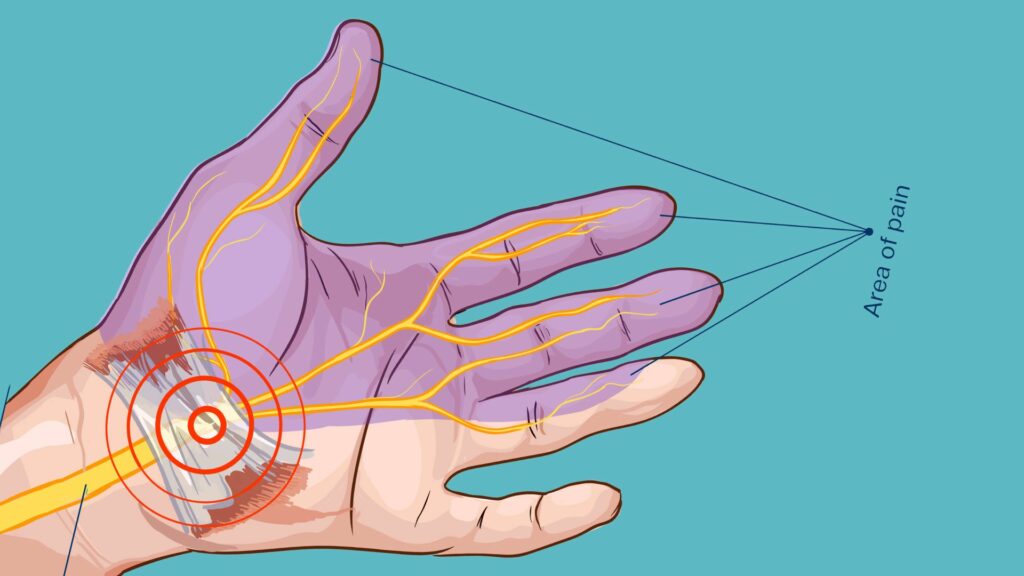17 Symptoms of Low Calcium You Shouldn’t Ignore
What is calcium, and why is it essential? Calcium is a mineral that our body needs to work well. About 99% of our calcium is in our bones and teeth. This helps them stay hard and strong. The rest of the calcium is in the blood, muscles, and other body parts. Calcium is needed for several reasons:
- Bone Strength: Calcium builds and keeps bones strong.
- Muscle Function: Calcium helps muscles work when you move.
- Nerve Signals: Calcium helps send messages from the brain to different parts of the body.
- Blood Clotting: Calcium helps stop bleeding when you get a cut.
When our body does not have enough calcium, it can show many signs. In this article, we will learn about 17 symptoms that might mean you have low calcium.

What Causes Low Calcium
Low calcium, also called hypocalcemia, can happen for several reasons. Some common causes are:
- Not Eating Enough: If you do not eat enough foods that have calcium, like milk, cheese, and green vegetables, your levels can drop.
- Lack of Vitamin D: Vitamin D helps your body absorb calcium. Without enough vitamin D, you may not absorb enough calcium.
- Problems with the Parathyroid Glands: These small glands in your neck help control calcium levels. If they do not work well, you might have low calcium.
- Certain Medicines: Some medicines can stop your body from using calcium properly.
- Chronic Illnesses: Diseases like kidney problems or issues that affect how your body takes in food can lower calcium levels.
17 Symptoms of Low Calcium

Low calcium can show many signs. Here are 17 symptoms that might mean you need to check your calcium levels:
- Muscle Cramps: You may feel sudden, painful cramps in your muscles, especially in your legs.
- Tingling Sensations: You might feel a tingling or numb feeling in your fingers, toes, or around your mouth.
- Muscle Weakness: Your muscles may feel weak or tired.
- Bone Pain: You may have pain in your bones or feel discomfort in weight-bearing areas.
- Dental Problems: Your teeth may become weak or have problems like tooth decay.
- Irregular Heartbeat: Low calcium can make your heart beat in an unusual way.
- Fatigue: You might feel very tired or lack energy.
- Seizures: In some cases, low calcium can cause seizures.
- Depression: Low calcium may affect your mood and make you feel down.
- Dry Skin: Your skin might become dry and rough.
- Brittle Nails: Your nails may break easily or become thin.
- Hair Loss: You could experience more hair falling out than usual.
- Difficulty Swallowing: Low calcium can make it hard for the muscles in your throat to work.
- Memory Problems: You might have trouble remembering things or finding it hard to focus.
- Irritability: You may feel more easily annoyed or irritable.
- Increased Sensitivity: You might become more sensitive to loud sounds or bright lights.
- Low Blood Pressure: Calcium helps control blood pressure, so low calcium might cause it to drop.
If you notice several of these symptoms, it is important to see a doctor. A blood test can measure the amount of calcium in your blood. This test helps find out if you have low calcium or another problem.

How to Fix Low Calcium
If your test shows low calcium, there are several ways to fix it. Your doctor may suggest:
- Changing Your Diet: Eating more calcium-rich foods can help. Foods like milk, cheese, yogurt, leafy greens, and fortified cereals are good choices.
- Taking Vitamin D Supplements: Vitamin D helps your body absorb calcium. Taking vitamin D can help if you do not get enough from the sun or your food.
- Calcium Supplements: Sometimes, a supplement is needed if you cannot get enough calcium from food.
- Medication for Other Health Issues: If a health problem is causing the low calcium, your doctor may give you medicine to treat that condition.
How to Prevent Low Calcium
It is a good idea to prevent low calcium by following these steps:
- Eat a Balanced Diet: Make sure your meals include foods that are rich in calcium.
- Get Some Sunlight: Sunlight helps your body make vitamin D. Spend some time outdoors each day.
- Exercise Regularly: Exercises like walking and running help keep your bones strong.
- Have Regular Check-Ups: Seeing your doctor for regular exams can help catch low calcium early.
Taking these steps can help you keep your calcium levels in the normal range and protect your overall health.

When to See a Doctor
If you have one or more of the symptoms listed, it is important to talk to a doctor. Early detection of low calcium can prevent more serious health problems. Your doctor will check your blood and ask about your symptoms. This will help them decide the best treatment for you.
Takeaway
Calcium plays a key role in keeping your bones strong, your muscles working, and your body healthy. Low calcium can lead to many symptoms, from muscle cramps and tingling to memory problems and low blood pressure. It is important to notice these signs early. If you have several symptoms of low calcium, talk to your doctor. With the right diet, lifestyle changes, and treatment, you can improve your calcium levels and overall health.






